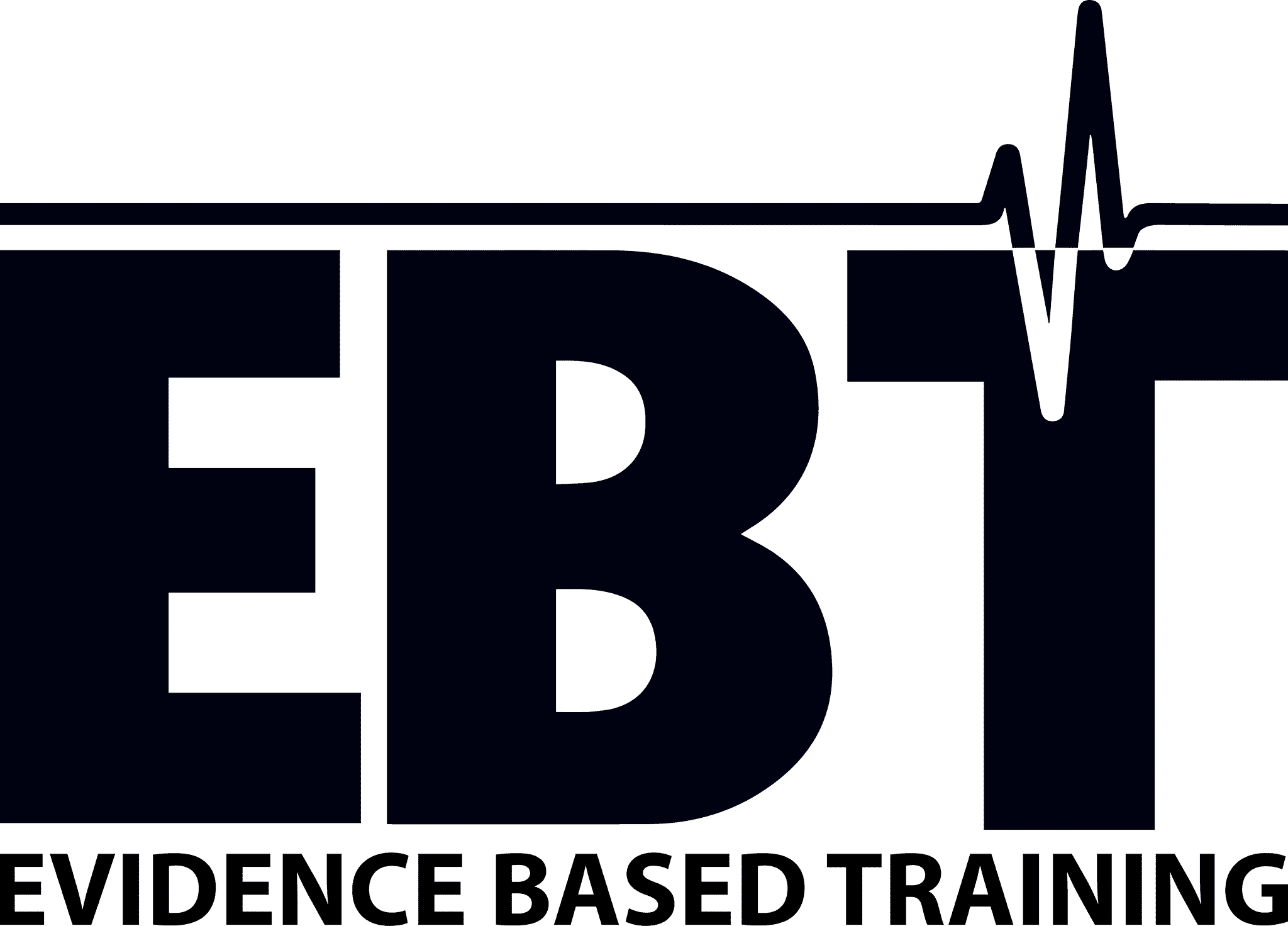Are Food Additives Chemicals?
“Free from additives and E-numbers” is a common slogan in organic marketing. It is important to remember that, generally speaking, the benefits of using additives outweigh the risks. E numbers represent different substances and many are perfectly safe, like E101 which stands for Vitamin B2 (riboflavin). One E number that can be avoided, however, is E250 which represents Sodium Nitrite. Sodium nitrite is added to kill a bacteria called clostridium botulinum which can cause paralysis! E250 is therefore added to processed meats to prevent clostridium botulinum from infecting these foods.
At the same time, sodium nitrite has been shown to form carcinogens (substances which increase the risk of cancer) in the gut and thus potentially increase the risk of colon cancer. E250 can be found in many processed red meats like bacon and chorizo, and you therefore stand to benefit from avoiding these foods. If you don’t want to let go of bacon, we suggest slicing your own, additive free!
Sources:
1. World Cancer Research und / American Institute for Cancer Research. Food, Nutrition, Physical Activity, and the Prevention of Cancer: a Global Perspective. Washington DC: AICR, 2007
2. Bartsch H et al. Endogenously formed N-nitroso compounds and nitrosating agents in human cancer etiology. Pharmacogenetics. 1992 Dec;2(6):272-277.
3. Mirvish SS. Role of N-nitroso compounds (NOC) and N-nitrosation in etiology of gastric, esophageal, nasopharyngeal and bladder cancer and contribution to cancer of known exposures to NOC. Cancer Lett. 1995 Jun 29;93(1):17-48.
4. Bruning- ann CS and Kaneene JB. The effects of nitrate, nitrite and N-nitroso compounds on human health: a review. Vet Hum Toxicol. 1993 Dec;35(6):521-538.




